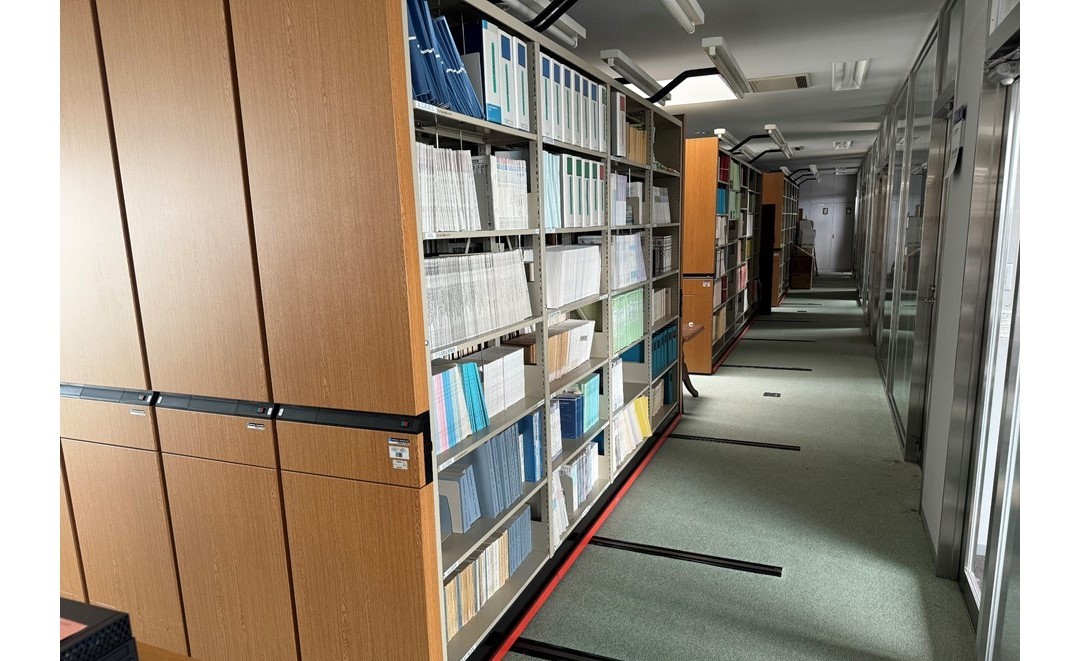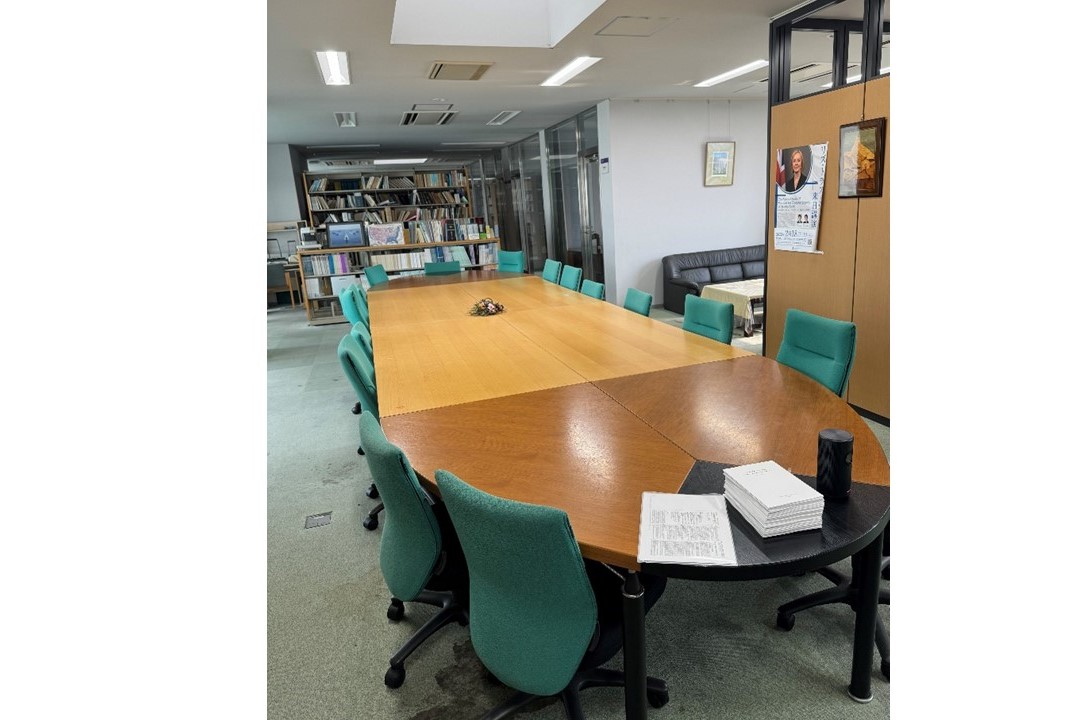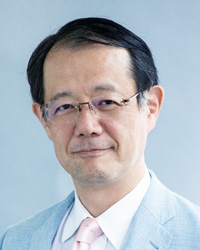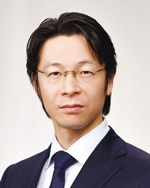Rule-making Strategies
Tamai Laboratory
Law and policy making for the intellectual property and economic security
Economic Security
(1)Countermeasures against Economic Espionage
Scientific and technological research is not only the foundation of a country's economic prosperity, but also the basis of its national security. Measures to prevent the trade secret theft and economic espionage are legal issues related to our national interests.
(2)Overseas exchange in SciTech Fields
While the study of science and technology benefits generally human beings on the Earth, it is a that borders exist between sovereign states. We will explore ways to preserve and develop the research environment in our liberal democratic country with strong human rights protection.
(3)Administrative Processes to Ensure Security
Reviewing current administrative processes related to economic security, such as national and local procurement, immigration control, cooperation with intelligence agencies, foreign trade and foreign exchange, etc., and recommending new reasonable rules.
Regional Brand Strategy
In collaboration with the Research Institute for Social Systems of Shinshu University, where Prof. Tamai is an adjunct professor, we will develop strategies to maintain, develop and enhance the regional brand value of Karuizawa, addressing specific issues such as problems including lack of medical resources, education and the shortage of medical resources, providing opportunities for higher education, and creating local industry
Intellectual Property Law
Pursuing research issues such as conditions of injunction against patent infringement, how calculating damages, the compulsory license system, the quality control function of trademarks and the scope of trademark rights, the issue of “orphan works,” and legal system design to promote innovation in the pharmaceutical industry.

Satellite Office (Sapia Tower nearby Tokyo Station)

Satellite Library Space

Library at RCAST

Seminar Space at RCAST
It was many years ago when I had the following conversation with a distinguished professor researching next-generation semiconductors.
Professor: "I hear that in your field, you don’ t need to collect data."
Tamai: "Yes, we don’ t conduct experiments and gather data ourselves. Our main job is to persuade others to create better societal rules."
Professor: "That sounds easy. I envy you."
Tamai: "With all due respect, Professor, can you write a persuasive paper without data?"
Professor: "No, that would be impossible."
Tamai: "Exactly. We legal scholars are doing difficult work every day that you cannot do."
Professor: "I see. I now understand that arguing with a legal scholar is a losing battle."
In fields based on science and technology, the creation of data that surpasses existing knowledge is crucial, but this field is different. The people we need to persuade are those who make the rules, so most of our papers are written in Japanese. There is no such thing as an "impact factor" for journals, and publishing several papers in peer-reviewed English journals is meaningless. Although we have many interactions with foreign countries, the focus is on discussing common issues and saying, "This is how we do it here."
Therefore, it is a lie to call rule-making and law a social "science."
Member

-
- Professor
Katsuya TAMAI
Research Area : Intellectual Property Law and Rule-making Strategies - Professor

-
- Project Professorr
Toshifumi KOKUBUN
Research Area : Economic Security - Project Professorr
Tags

